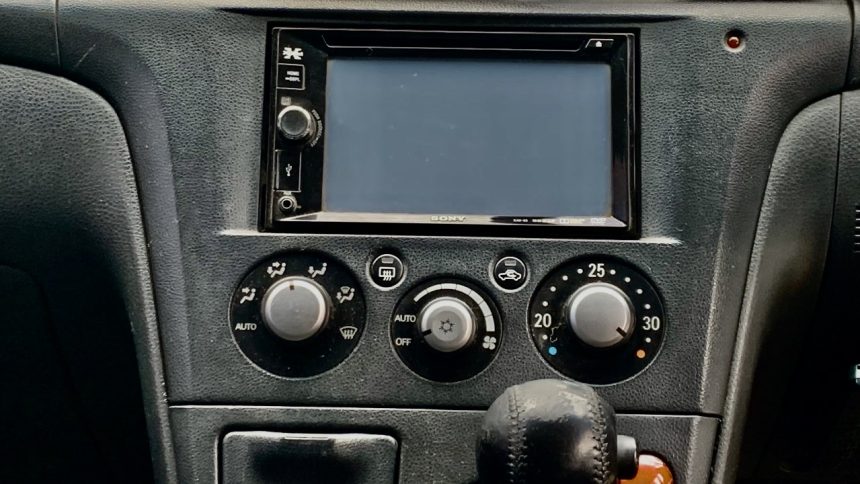If you are a car owner, you’ve probably had this debate before: does the AC affect fuel consumption? Well, if you are one of the few car owners who feel using your air conditioner doesn’t affect your gas mileage, you are wrong. Using the AC affects fuel consumption. If you’ve been keen enough during a hot summer day, you’ll notice a drop in fuel economy when the AC is turned on.
How does my AC work?
Your car’s AC draws energy from the alternator. Remember, the car alternator is powered by the engine through a pulley and drive belt. Your engine needs fuel to create power. When the AC system is turned on, the engine drive belt turns the compressor, eventually affecting fuel usage.
Your car AC has the following parts:
- AC Compressor: the component in the cabin cooling system that compresses the refrigerant to flow through a line to the condenser.
- AC Condenser: This is what removes the heat from the refrigerant, forcing it along the expansion tube.
- Expansion Valve: This is what returns the refrigerant to a gaseous form, forcing it to the accumulator
- Accumulator: This component removes the moisture from the refrigerant, transferring it to the evaporator.
- Evaporator: This AC component functions by pulling the heat from the air passing through its core, moving it into the refrigerant. This results in cold air flowing beyond the evaporator.
When is using the AC fuel efficient?
According to car manufacturers, using your vehicle’s AC is more efficient when you are driving at highway speeds than leaving your window open.
When you leave your car windows open, you accelerate drag, and your engine will be forced to work harder to achieve the desired driver input, affecting your fuel consumption.
How does drag affect fuel economy?
Picture this: your vehicle has air in the cabin, but not as much as outside. Therefore, when you pull down your windows, the air outside finds its way inside. This air creates drag as it is forced on your rear window, which is on the opposite side of where you are driving.
The more you speed, the more drag is created. This drag over an extensive period will affect your fuel economy.
How else can I improve my fuel economy?
Apart from rolling up your windows when driving at highway speeds, you could also implement the following:
- Brake gradually, not suddenly
- Always make sure your car tires are perfectly aligned and inflated
- Avoid idling your vehicle for more than 30 seconds
- Avoid purchasing cheap engine oil
- Don’t drive too fast, and always aim to be in high gear
Whether you use your windows or the AC to cool your car, each method will negatively affect your fuel consumption. It is, therefore, essential to use the method that makes you most comfortable driving down the road.
Remember, hot car conditions tend to lead to drowsiness, which can lead to distracted driving. Both methods will cool down your car and affect your gas mileage, but that doesn’t mean you should avoid using them altogether.
PS: If you are experiencing an uptick in fuel consumption and suspect it could be something other than your AC, contact a professional automotive service for advice.










